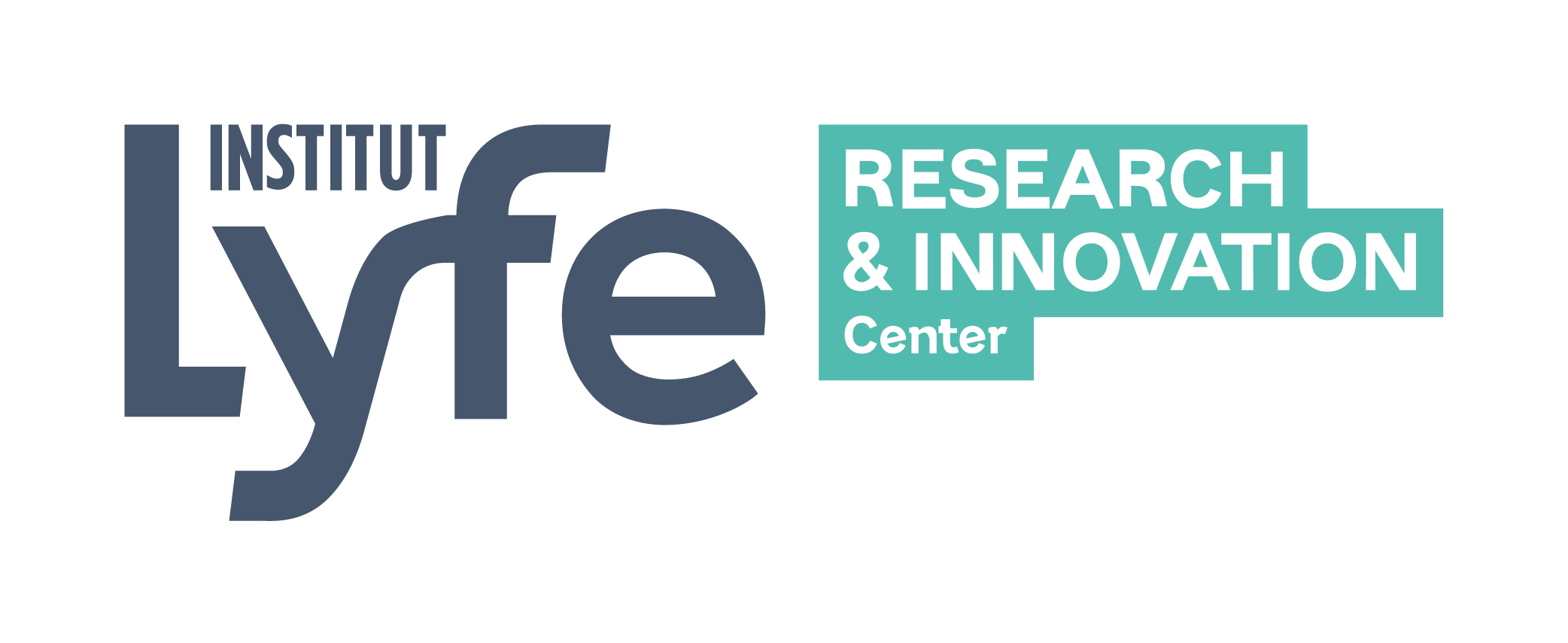Controlling one's diet: study of dietary representations in orthorexic subjects or subjects suffering from eating disorders in France and Canada
Thèse- PhD :
- Clara LAKRITZ
- Preview :
- « Eat healthy » has become an increasingly important injunction, targeting specific categories of foods. However, the control over one's food and body is now a tacit social prescription that can lead in some cases to Eating Behaviour Disorders (EBD), defined as "persistent eating disturbances or eating behaviours resulting in inadequate food consumption or absorption that significantly impair health or psychosocial functioning" (DSM-5, APA, 2013). However, the limits of the diagnostic categories of EDB (anorexia nervosa, bulimia, etc.) remain unclear and are currently being discussed in the scientific literature, particularly because of the emergence of inappropriate behaviours and attitudes towards food such as orthorexia nervosa (ON), which is not currently included in official classifications (DSM-5, ICD-10). However ON, defined as early as 1977 by S. Bratman as a rigid dietary behavior based on the avoidance of foods considered qualitatively unhealthy, has a significant prevalence in the population: 6.9% in the general population and up to 57.8% in at-risk populations (nutrition students, athletes, etc.). Moreover, ON seems to share certain characteristics with EBD and represents a risk factor for EBD (more specifically anorexia nervosa). These observations have led some scientists to design EBD as a continuum of severity ranging from no bodily or dietary concerns to the most severe EBD. This continuum makes it possible to include ON and provides avenues for enriching primary prevention of EBD. However, this prevention requires knowledge of the mechanisms and knowledge of the possibility of early intervention, and epidemiological data remain limited. The present project proposes to use cognitive science methodologies (especially implicit methods) to study the content of food representations in populations across the entire continuum of severity of EBD in France and Canada.
- Supervisor :
- Jérémie Lafraire- Agnès Giboreau
- Graduate School :
- Laboratoire Parcours de Santé Systémique EA 4129 - Ecole Doctorale EDISS, Université Claude Bernard Lyon 1
- Partners :
- Apicil Group
Research & Innovation Center - Institut Lyfe
Château du Vivier - Ecully - France
Tel: +33 (0)4 72 18 02 20
Tel: +33 (0)4 72 18 02 20




